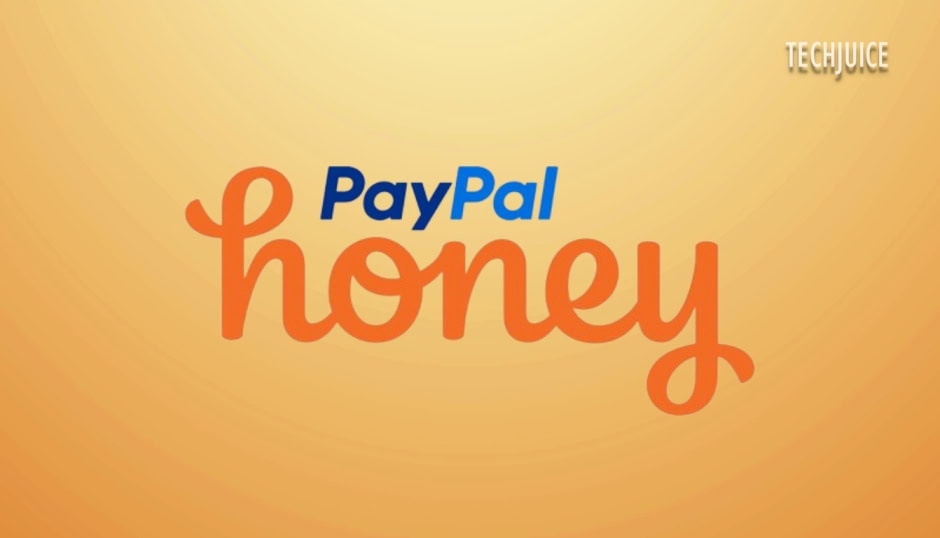3 Million Users Uninstall PayPal’s Honey Extension After Backlash

PayPal’s Honey extension, popular for finding coupon codes, has faced criticism due to unethical practices. A viral video by MegaLag, with over 14 million views, exposed how Honey manipulates affiliate links. The video revealed that Honey takes credit for sales and hides better coupon options. These revelations led to over 3 million Chrome users uninstalling the extension.
Honey’s main selling point is its ability to find and apply the best promo codes automatically. However, instead of benefiting directly from users, Honey makes money through affiliate programs where they are paid commissions for user referrals to online stores. This model is common for many extensions of the browser, but the video revealed a rather sinister side of Honey’s work.
The most significant controversy revolves around Honey’s practice of replacing valid affiliate codes from other sources, such as YouTube creators or websites, with its own. This practice, known as ‘last-click attribution’, enables Honey to claim credit for the sale and thus take the referral fee even if it was another source that made the initial introduction of the client to the retailer.
Furthermore, the video disclosed that Honey partners with retailers to obscure more advantageous discount codes, displaying only those that favor the retailer or Honey itself. Numerous users have noted that Honey frequently falls short of delivering significant discounts, which could be attributed to this approach.
Before the video being shared on December 21, Honey boasted a user base exceeding 20 million. According to the most recent information from The Internet Archive’s Wayback Machine, over 3 million users have removed Honey, leading to a decline in active users to 17 million in just one week.
Sharing clear, practical insights on tech, lifestyle, and business. Always curious and eager to connect with readers.


 2 min read
2 min read















